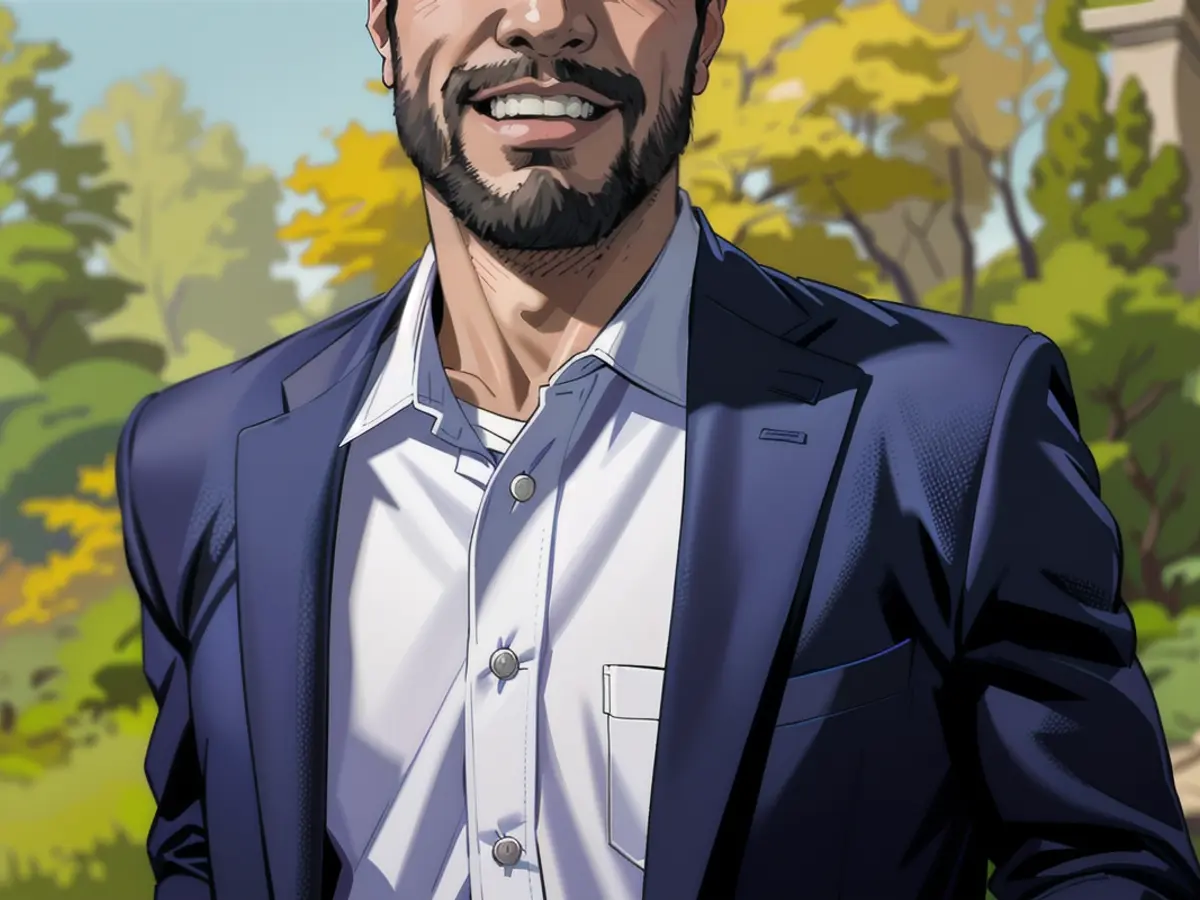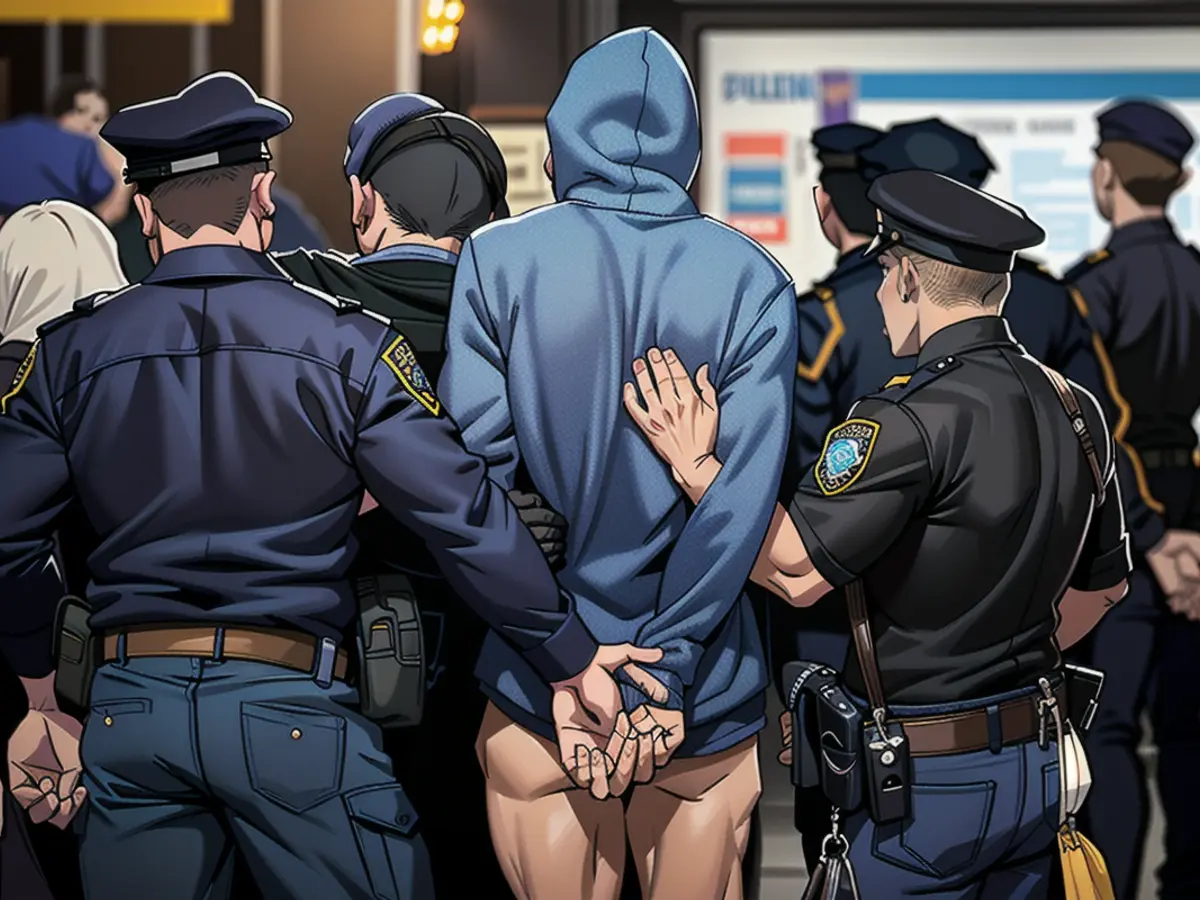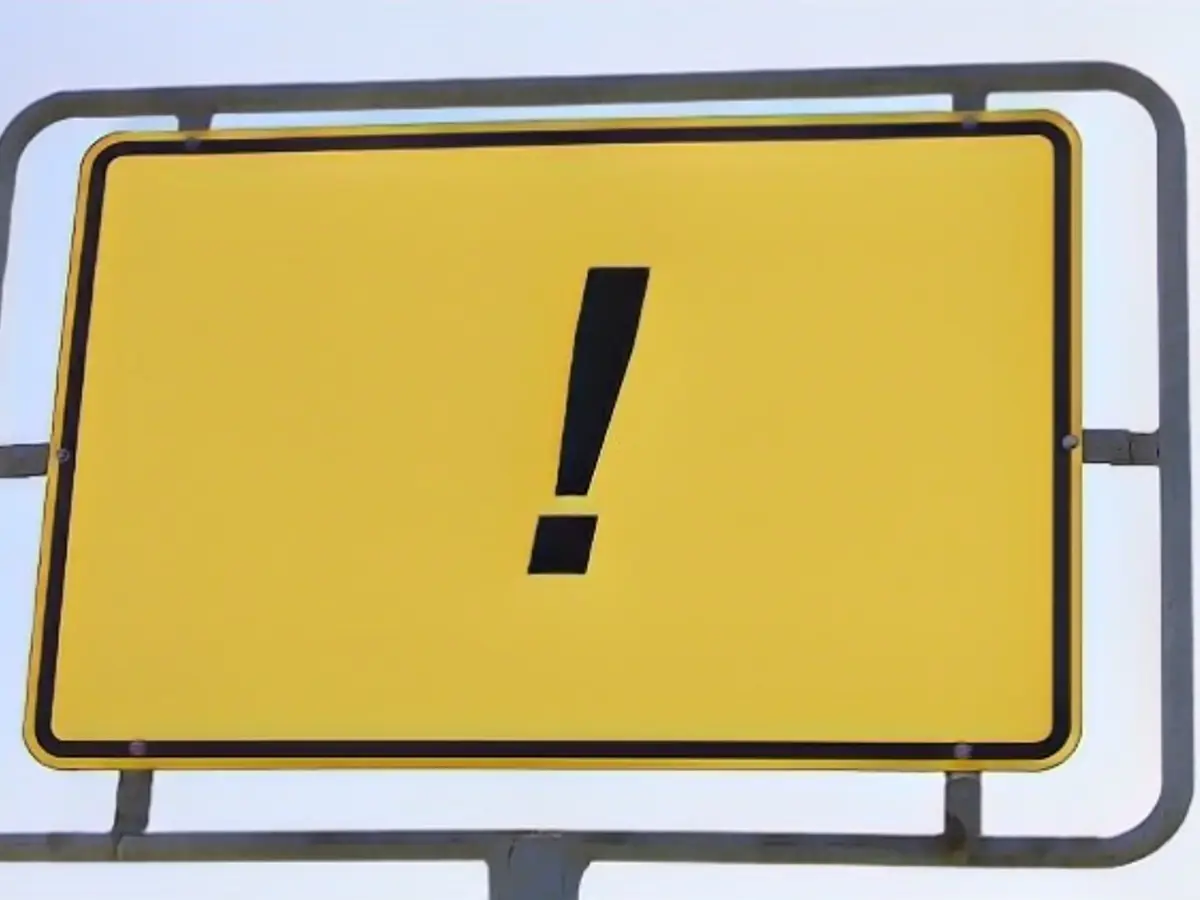Perspective: As a Muslim American Alumnus of Columbia, I experience the reverberation as well as the potential of this spring's demonstrations.
Originally from a literary and academic Pakistani-American family, my desire grew to understand my faith more. I yearned to combat misunderstandings about Islam. I was eager to teach and empower others.
Not long after completing my college degree, I joined Columbia University's Middle Eastern, South Asian, and African Studies Department, intent on studying with the many scholars who analyzed Islam in a respectful, thorough, thought-provoking manner.
More than a decade and a half has passed since I received my master's degree from Columbia, and I've remained connected to my exceptional education. This involvement includes developing historical experiences that expose visitors to the Muslim heritage in Europe: A new kind of religious instruction for middle and high schoolers. I've also established international leadership programs for young Muslim professionals from all over the West, based heavily on the creative, open-ended exploration I frequently encountered at Columbia. That's why I've been so disheartened by the recent events at my alma mater, where the main graduation ceremony was canceled due to ongoing student protests.
These protests have lasted for weeks and should provoke reflection on the broader implications of this movement, particularly at my former school.
The accounts presented to the general public about these weeks of demonstrations at Columbia and the subsequent administrative crackdown have been incomplete at best. As an alumnus, a parent ready to send kids to college soon, and a teacher of Americans (even high school students), I understand firsthand that adolescents and young adults are highly engaged, energetic, imaginative, and bold—often underestimated by older individuals.
Highly-regarded institutions of higher learning such as America's universities should be laboratories for democracy and driving forces of societal development. However, in recent years, it seems that many of these schools have focused more on stifling dialogue they find unacceptable instead of encouraging and safeguarding the exchange of ideas.
I, too, am alarmed by the same realities that fueled the protests of these Columbia students: the Israelis' occupation and mistreatment of Palestinians, with significant American support. What's less widely publicized is that these students are also frustrated by the uneven application of standards for addressing Israeli and Palestinian issues.
When was the last time you observed press coverage of anti-Arab or anti-Muslim hostility on our campuses? Why did no one protest on behalf of students threatened with career consequences for staging these protests? As people who have been subjected to harassment and bullying, why haven't there been any congressional hearings held on their behalf?
According to media reports, there are instances of Columbia professors exhibiting anti-Palestinian passion without consequence. At UCLA, on the other hand, pro-Israel supporters assaulted pro-Palestinian student encampments for hours without any law enforcement in sight.
For months, we've witnessed Palestinian, Arab, and Muslim students, along with others of different backgrounds and beliefs (including many Jewish students), being subjected to different standards of treatment. If these actions are not indicative of bias, it's challenging to determine what else could bring this outcome. No better symbol than Columbia's President Minouche Shafik, who recently failed a no-confidence vote by the faculty regarding her handling of the protests.
Called to testify before a biased congressional hearing, Shafik faced a tough decision. Two previous Ivy League presidents who testified before the same committee lost their positions soon after.
I believe Shafik yielded. She provided the committee with what they seemingly desired to hear. Yet, she could have challenged the questionable assumptions underlying their inquiries. She could have championed the freedoms of expression on campus. She might have considered the inconsistencies in the way administrative leaders handle demonstrations and have promoted genuine dialogue.
Had she done this, a substantive, thought-provoking conversation about the delicate balance between free inquiry, diverse perspectives, and mutual respect might have developed. Regrettably, Shafik yielded to uncooperative inquisitors and subsequently brought in heavily armed police to the campus. It seems she and others prioritized controlling the intensity of the protest over addressing the atrocities that prompted it.
Shafik might have affirmed that all speech is protected or none should be. She could have advocated for a more meaningful cross-examination of these issues with our national leaders, rather than promoting a sensationalistic hearing. If an administrator with Minouche Shafik's background had initiated this conversation, it would have provided a powerful platform to model the productive dialogue we're desperate for in this nation. Instead, she deferred to bad-faith interrogators, brought in external law enforcement, and appeared to be more focused on quieting the unrest than tackling its source.
Palestinians and people who support them in this land have experienced being shot at, threatened, hit by cars... all just for who they are or what they believe in. Unfortunately, there haven't been any congressional hearings about these crimes, and some don't even recognize that these atrocities took place. Shafik's appearance before Congress is an example of how deeply ingrained our biased beliefs are.
Americans are far from disconnected from their fellow countrymen. In fact, a majority of us don't like Israel's actions in Gaza. These demonstrating students are just reinforcing what more and more Americans are realizing, even though many of our elite seem to be unaware. It's comforting to see young people are passionate about freedom, debate, and challenging the hypocrisies in our country.
Of course, we won't all agree on the best way to protest or which method is best, but we should all agree on the importance of the right to protest, and the duty of the protesters to push our nation to do better.
A while ago, I joined around 50 American Muslims and allies in Washington D.C., leaders and activists with diverse backgrounds, coming together to consider what it means to keep advocating for our religious communities. This included holding our government responsible for their role in Israel's war and safeguarding the freedom of speech and assembly.
There was a strong focus on protecting our universities from government and elite intervention, defending the unique learning environment on campuses where we can have difficult conversations, explore politics, and form civic values. Most of us felt frustrated by how our alma maters prioritized certain donors over institutional integrity. But the enthusiasm and eagerness demonstrated showed the dedication to this mission.
Get our free weekly newsletter
- Sign up for CNN Opinion’s newsletter.
- Join us on Twitter and Facebook
When Shafik arrived at the hearings, she encountered lawmakers who seemed to think our universities and those who support Palestinians are enemies of America. However, if the students at Columbia didn't value their university and its principles, they wouldn't have risked so much by staging their protests. Similarly, if they didn't care about our nation, they wouldn't be so vocal in their objections to its policies.
These students may serve as a reflection of the United States itself, showcasing how much work still needs to be done. However, they also demonstrate that there's enough passion, commitment, and bravery to keep fighting for righteous causes. Our fights aren't hopeless; a better future is within our reach.

Read also:
- This will change in December
- Dikes withstand water masses so far - Scholz holds out the prospect of help
- Fireworks and parties ring in 2024 - turn of the year overshadowed by conflicts
- Attacks on ships in the Red Sea: shipping companies avoid important trade route
Given the context, here are two sentences that incorporate the word 'opinions':
During the recent student protests at Columbia, a wide range of opinions were expressed about the Israel-Palestine conflict.
As an alumnus and educator, I am concerned about the suppressing of diverse opinions on campuses, which is becoming increasingly common at American universities.
Source: edition.cnn.com








